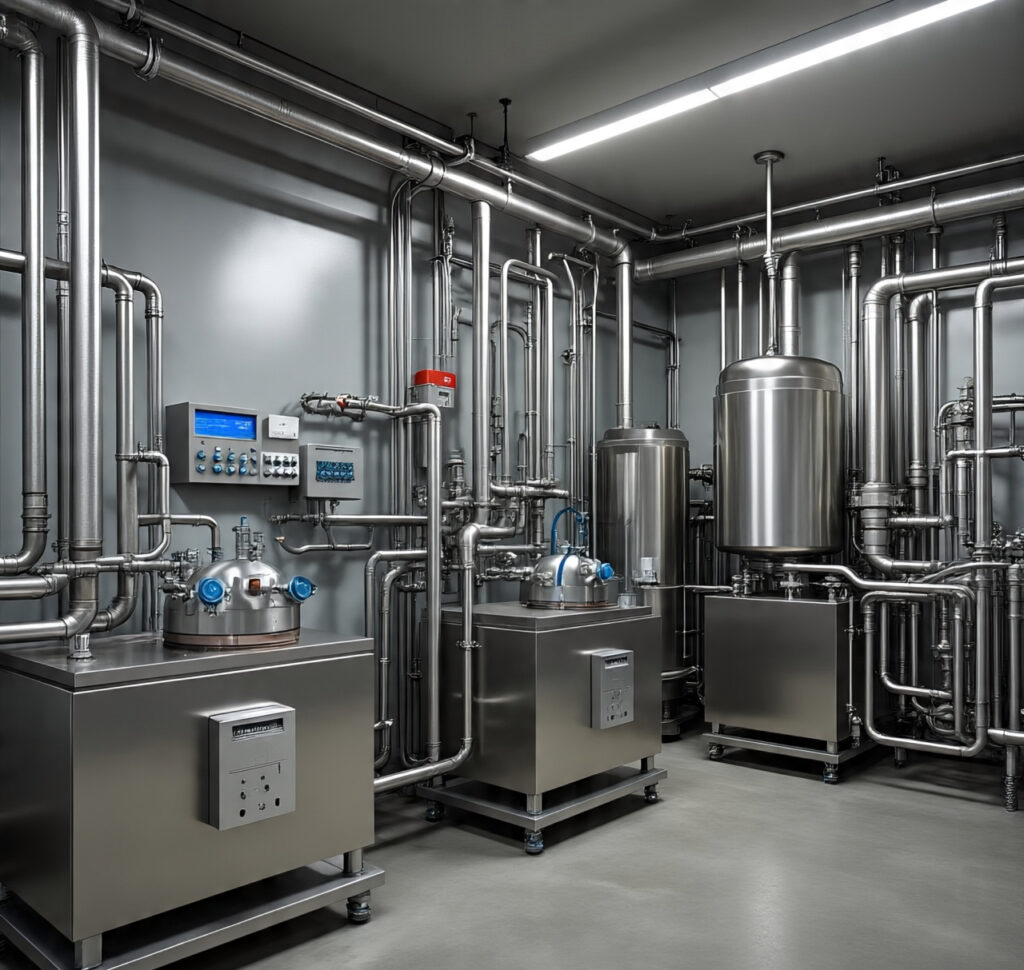
Water is one of the most important needs for any business. From manufacturing units to hotels, hospitals, and food processing plants, clean and safe water plays a very big role. Reverse Osmosis (RO) plants are widely used to provide pure and safe water. But one of the biggest questions businesses face is: What RO plant capacity should I choose? To make the right decision, many organizations rely on trusted experts like Aaima Water, who specialize in designing and supplying RO plants tailored to different industrial and commercial needs.
Selecting the right capacity is not only about today’s requirements, but also about future needs, water quality, and cost-effectiveness. In this blog, we will explain how you can decide the best RO plant capacity for your business and why choosing carefully is so important.
1. Calculate Your Daily Water Requirement
The first step is to check how much water you use every day. An office may need only 200–500 liters per day for drinking and cleaning, while a medium-sized restaurant may need 2,000–5,000 liters daily. A large factory or industrial unit may require more than 50,000 liters every day.
When you consult experts in RO water treatment plants in Ahmedabad, they usually start by asking about your daily water consumption. This helps in selecting the correct plant capacity so that your daily needs are fully met without overloading the system.
2. Test the Source Water Quality
Water quality is different in every area. Some areas have high TDS (total dissolved solids), while others may have hardness, heavy metals, or biological contamination. The type of water you get directly affects the type of RO system you need.
Many RO water purification system manufacturers in Ahmedabad provide free water testing services. By knowing the TDS and contamination level, they can suggest the right plant size and design. For example, highly polluted water may require pre-treatment before entering the RO plant.
3. Consider the Type of Business
Different businesses need water for different purposes. A hotel or office mainly needs clean drinking water for staff and guests. A food and beverage unit needs process water for cooking and packaging. A textile or chemical factory needs high volumes of processed water for production.
Choosing the correct water treatment plant in Ahmedabad depends on your type of business. If you are in food processing, you need very high-purity water. If you are in heavy industry, you need large volumes. Each industry has unique requirements, and your RO plant capacity must match those needs.
4. Plan for Future Growth
Your current water requirement may be small, but what about the future? If your business grows, your water demand will also grow. That is why it is always better to plan.
Many Drinking Water RO Plant Suppliers in Gujarat recommend selecting a plant that has 20–30% extra capacity. This way, when your business expands, you do not need to replace your plant immediately. It also saves cost and ensures you are ready for future demand.
5. Check Space and Budget Availability
The size of the RO plant depends on the space available in your premises. A larger plant will need more area and will also cost more. You need to balance between your daily requirement, available space, and budget.
Talking to reliable water treatment plant suppliers in Ahmedabad can help you find a solution that matches your budget and space limitations. They can suggest compact models for small businesses or larger modular designs for factories.
6. Look for After-Sales Support
Even the best RO plant will need servicing and maintenance. Filters need to be changed, membranes need cleaning, and sometimes parts need replacement.
That is why it is very important to buy from a trusted water purification plant manufacturer in Ahmedabad. A good supplier will not only provide installation but also regular servicing and quick availability of spare parts. This keeps your RO plant working smoothly for years.
7. Think About Energy Efficiency
Bigger plants usually consume more electricity, so energy cost should also be considered. Advanced RO systems now come with energy-saving technology and high recovery rates. This means they waste less water and use less power.
When you discuss with suppliers, always ask about energy-efficient models. Even if the initial cost is slightly higher, it saves a lot of money in the long run.
8. Importance of Choosing the Right Capacity
If you select a plant with less capacity than required, you will face problems like water shortage, overloading of the system, and poor performance. On the other hand, if you buy a plant that is too big, you will waste money on extra capacity and higher running costs.
That is why selecting the right capacity is very important. It ensures:
- A steady supply of pure water every day
- Longer life of the RO system
- Lower maintenance cost
- Energy and water savings
- Peace of mind for your business operations
Conclusion
Choosing the right RO plant capacity for your business is not a small decision. It requires proper planning, understanding of daily needs, checking water quality, and considering future growth. By consulting with trusted experts, you can find the best solution for your industry.
Whether you are a small office, a hotel, or a large manufacturing unit, the right RO plant will ensure a safe, clean, and reliable water supply for years.
